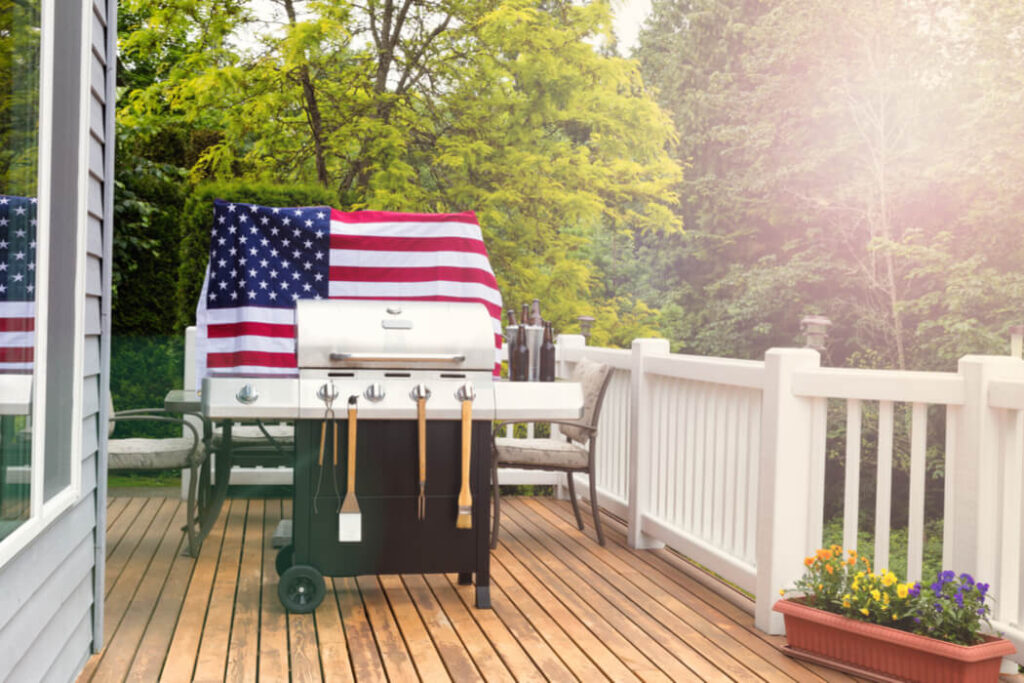Chicago Premises Liability Case Requirements

Premises liability cases in Chicago can often be complex. It is important for premises liability attorneys to understand, in detail, the circumstances that caused their client’s injury to occur. Particularly in a slip and fall case, what was the condition that caused the slip and the fall? There are certain understandings and requirements that must be met to prove a case.
It is important, based on the elements of the claim, for someone’s lawyer to understand and have information regarding what the landowner or occupier of the land knew about that condition and whether that condition was open and obvious to the plaintiff prior to the accident occurring. Meeting the various Chicago premises liability case requirements is a necessary step for every injured individual, so it is important to have the appropriate information for their case, and help from a Chicago liability attorney to gather it.
Elements Necessary to Prove
Illinois law imposes certain elements of proof to recover under a theory of premises liability in Chicago. Those elements include:
- The condition of the property or the land presented an unreasonable risk of harm
- The defendant knew, or through the exercise of ordinary care, should have known of both the condition and the risk
- The defendant could reasonably expect that people or children on the property would not discover or realize the danger or would not be in a position to protect themselves against such danger or risk
- If the defendant was negligent in one or more ways that caused the plaintiff’s injury and that the plaintiff suffered an injury.
Requirements of Duty to Warn
As a general rule, a landowner has no duty to warn of open and obvious conditions. However, only a jury could decide whether a particular condition on the property serves as sufficient notice of its presence.
Distraction Exception
There are certain exceptions to a landowner’s lack of duty to warn against open and obvious dangers. One exception is the distraction exception, which applies when the owner has reason to suspect that guests or workers may not appreciate the danger. Under such circumstances, in a Chicago premises liability case, it must prove that the owner had a duty of reasonable care to warn of even those open and obvious dangers.
Deliberate Encounter Exception
Another exception to this requirement relates to the deliberate encounter exception. A duty to warn of even an open and obvious danger exists when the owner may reasonably expect that a reasonable person in the position of the plaintiff, knowing of the condition, would proceed anyway to encounter the dangerous condition because the advantage of doing so outweighs the apparent and appreciable risk.
Under those circumstances, the owner of the land has a duty to warn; they may be found negligent and the cause of the plaintiff’s injuries for failing to do so.
The standard used is that of a reasonable person in the same position as the possessor of the land. The property owner or occupier must have either actual or constructive notice of the dangerous condition to impose liability.
Type of Property
Distinctions are made between personal property or business property when considering liability case requirements.
If the owner of a store routinely has people visiting and coming in and shopping in the store, as a store owner, has different duties and obligations under Illinois law than a person who owns a home and has guests coming in the home. A Chicago attorney is essential help when considering these distinctions and changes.
Our office hours range from 8:00 a.m. to 5:00 p.m. Monday through Friday and we answer our phones at 708-222-2222 24/7. If you prefer, we have an online form you can use or you can utilize our LiveChat service as well. We look forward to hearing from you.



